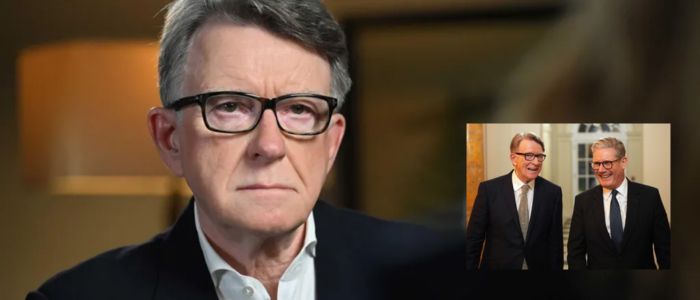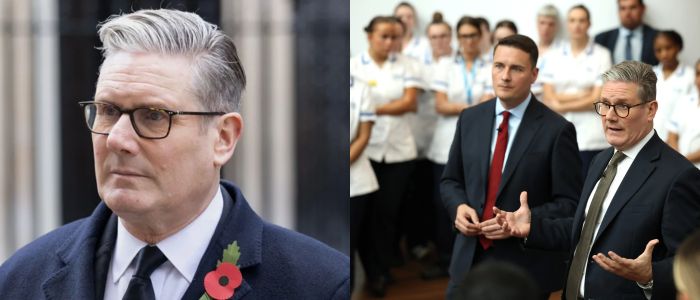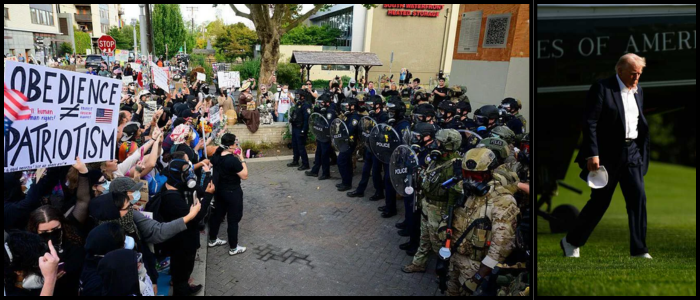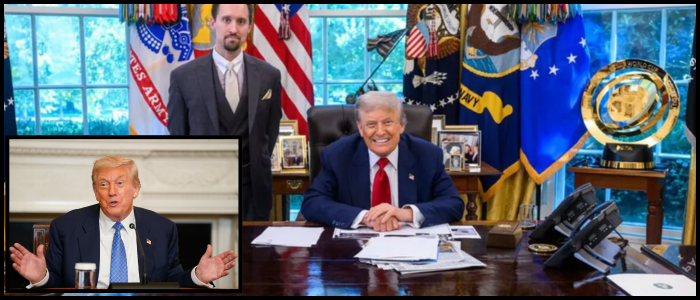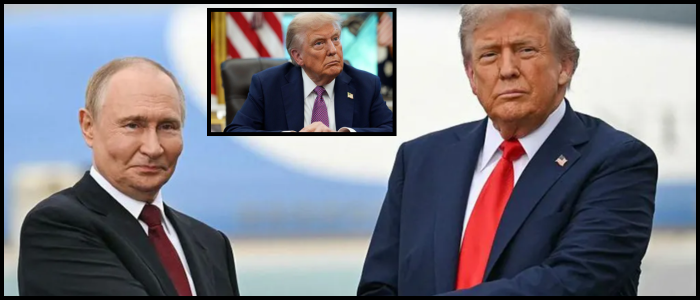Under the 5% pledge, 3.5% will be spent on core defence, with 1.5% in broader security areas including resilience, such as cyber defence and border security. The split structure is meant to strike a compromise between stepped-up pressure from the United States and leeway for cash-strapped European nations.
The UK government said initiatives such as energy security and action against smuggling gangs could perhaps be put through under the wider security category.
Accusations of Foot-Dragging, Lack of Funding
The plan has been criticized by opposition figures. Dame Priti Patel, the Conservative shadow foreign secretary, said the commitment was being made "with no new money," calling for urgent action given the severity of the current global threats. Liberal Democrat defence spokesperson Helen Maguire also welcomed the target but added that it came after years of challenging the UK's long-term defensive capacity.
Downing Street has been saying that 4.1% of GDP will be devoted to national security by 2027, not reaching the full 5% target until 2035. Defence spending is expected to reach 2.6 % of GDP by 2028 which, although falling short of the core Nato target of 3.5% of GDP on defence, is, according to reflected in the report's conclusion, "markedly more ambitious" than the current trajectory of spending.
Target Goals and Broader Implications
Sir Keir described the commitment as a response to "radical uncertainty", linking economic stability to national defence. The National Security Strategy, published over the weekend, connects investment in defence with job creation, technological developments and economic growth.
It is also the first time that Mark Rutte has attended as Nato's Secretary General. He lauded the spending target as "ambitious and historic," but the question is still open over whether all member nations could and would reach that level. There are already cracks: Spain claims to have an opt-out from the target—denied by Rutte.
With Russia's invasion of Ukraine and the return of Donald Trump to the White House, Nato allies only face more pressure to meet defence obligations. Trump has repeatedly threatened that members of the alliance who do not meet U.S. spending targets would be punished, even suggesting that he would not come to the defence of such allies in the event of an aggressive act.
Just 23 Nato members now meet the previous consensus to spend 2% of GDP on defence, up from only three in 2014. This new 5% objective is being seen as a massive escalation with world politics being so volatile.
Politics
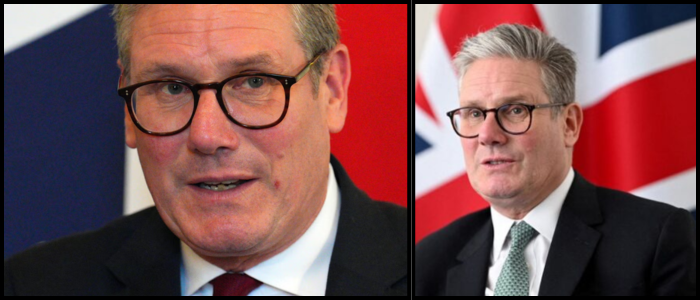
UK Pledges 5% GDP for National Security by 2035

Prime Minister Sir Keir Starmer has promised the UK will hit a new Nato target of 5% of GDP on national security by 2035. The announcement was made before a Nato summit in the Netherlands of all 32 member countries, where the target is expected to be endorsed.








